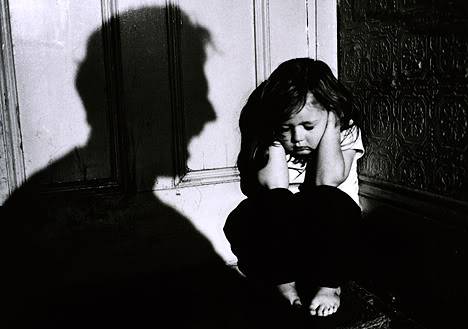
By Phaedra Dunn, LSW, Sage Certified Clinician™
What is Trauma?
Trauma can be defined as a person experiencing or witnessing a deeply distressing or disturbing event or repeated events that may involve death, threatened death, serious injury, or a threat to someone’s physical safety, or others and may involve fear, helplessness, feeling powerless and having no control over your environment. It can overwhelm a child’s ability to cope at home as well as in the classroom, cause feelings of helplessness and lessen their sense of self and their ability to feel a range of emotions and experiences. As a parent, guardian or school professional, it is important to note that there are a range of responses as well as symptoms that could indicate a childhood trauma. Some of the more common responses are outlined below:
Responses to Trauma/Symptoms of Trauma
- Anger, shame, and guilt
- Consistent sadness and despair
- Flashbacks to traumatic event/events
- Nightmares and inability to sleep
- Unpredictable emotions and difficulty expressing emotions
- Emotional outbursts, crying, acting out
- Headache and stomach issues
- Behavioral problems in school
- Feeling responsible for event
Many people think their responses to trauma mean they are “going crazy” or “losing it.” Trauma is often embedded and unacknowledged in families as if it is normal occurrence. Families often think that by ignoring issues or “being strong,” then the issues will go away. These thoughts can make them feel even more anxious and frozen in the trauma cycle. As a family is helped to become more understanding of their trauma, the changes they have gone through since the trauma and as they process

these experiences through dealing with their trauma, the symptoms will become less distressing and they will regain a sense of control. Additionally, throughout this therapeutic process, it is also important to be aware of the nature of the types of trauma that can impact a child either directly or indirectly as indicated by the list below.
Types of Trauma
- Abuse (physical, emotional, sexual)
- Witness to community violence and/or violence in the home
- History of family trauma or early childhood trauma
- Substance use in family or witnessing substance use
- Financial worries in the home
- Being in foster care
- Loss/death or divorce
- Refugee trauma
- Accident or illness experienced by self or others
- Environmental/Natural Disasters
Dealing with Trauma
Dealing with trauma within your family and as a parent is challenging, you never want yourself or your child to go through trauma or suffer the after effects. However, there are effective ways to deal with trauma by consulting a qualified mental health professional such as a Thrive Clinician if you or your children are in distress. You can also educate yourself about the reactions that adults and children have to traumatic events by visiting www.NCTSN.org.
Overall, be kind and understanding to yourself and children, assure your child of their safety at home and at school. Discuss with your children what you have done to make them safe at home and school. Reassure your child that they are not responsible and allow your child to express their feelings and fears. Maintain regular home and school routines to support the process of recovery. Be patient with yourself and children and realize that there is no correct timetable for healing. Some children will recover quickly, other children more slowly. Do your best not to push your children to “just get over it,” and always let them know they should not feel bad or guilty about any of their feelings.




